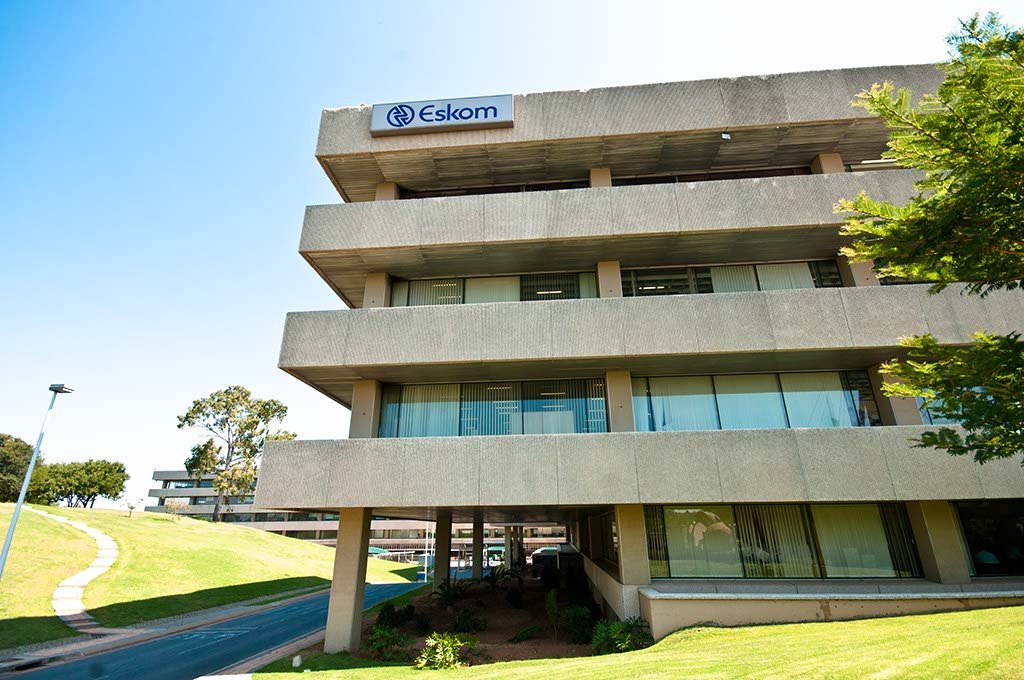

Associate: Indalo Business Consulting
It seems as if the world is slowly awakening from its Covid-19 induced slumber and are ready to move forward with the unenviable task of trying to recover from the Pandemic.
I recently read an article where it was pointed out that some European economies are gaining momentum in terms of job creation. An article written by Forbes points out that one year after the first wave of pandemic job losses, the US added nearly a million jobs in March.
The article pointed out that it is an encouraging sign on the anniversary of what was an especially distressing week for the workforce. Weekly jobless claims surged to a staggering 6.65 million for the week ending March 28, 2020. At the time, it was the highest level ever recorded. That month, the US economy lost a total of 701 000 jobs in the first payroll decline since 2010.
The article added that, in March 2021, the unemployment rate fell slightly to 6% which was down from 6.2% in February 2021. It is a stark difference from the unemployment rate a year ago at a shocking 14.7% in April 2020, the highest it had been since the Great Depression. February 2021 marked the first time since March 2020 that all 50 states and the District of Columbia had unemployment rates under 10%, according to the US Labour Department.
Cries for help
It must be mentioned that it is a bit unfair to compare South Africa’s situation to that of developed markets. One of the cornerstones of economic growth in developed markets is their diversity, South Africa’s economic growth is based on one or two industries and the employment sector in South Africa is dominated by the public sector.
How long are we prepared to watch the State Owned Entities (SOEs), who are major employers, go down the route of mismanagement and poor leadership which leads to these entities becoming distressed?
After almost a year, The South African Airways business rescue has been finalised. However, the process cost the taxpayer millions of Rands a month. Delays like this hurt the public. This cannot go unanswered.
The South African Broadcasting Corporation (SABC) was not only a major employer, it was (for many years) the only insight into the world that many South Africans had. But as time moved on, and business models changed. The hit serious financial problems in March which saw the broadcaster shed a significant number of jobs. This is the first signs of yet another SOE on the brink of distress. Reports indicate that the broadcaster had a R3 billion wage bill for its 3 000 employees. The reduction of 621 employees a month ago. The SABC never caught up with Multichoice all those years ago when DSTV was launched. Multichoice is now considering its own business model as it is trying to compete with streaming services such as Netflix and Amazon Prime. Where does this leave the SABC?
Eskom is in the process of implementing a five-step business turnaround programme, one wonders how successful this will be because one company that cannot afford to go into business rescue is Eskom. South Africa’s growth is heavily dependent on steady electricity supply, and we all know how Eskom is progressing on that front. The utility has embarked on a significant infrastructure capacity rebuilding programme which has forced it to once again intermittently implement load shedding. Like SAA, if Eskom was to enter into business rescue, it would be a long and drawn-out process. Not only would it cost tax payers billions, it would create significant uncertainty in the market; and uncertainty is nobody’s friend when trying to grow our economy.
The final role player in this sad tale is Denel. For many years, the company was at the cutting edge of innovation and produced technology that had global appeal. However, as global conflicts dies down, the demand for Denel’s services decreased to the stage where the company is now in distress. How does this company fit into the new global paradigm?
NUMSA has subsequently made an important appeal to the Constitutional Court to clarify the Denel issue. It will be interesting to see what transpires in the months to come.
Silver linings
There are examples of SOE’s that pivoted at the right time and transformed themselves into companies whose products and services are still in high demand.
Mobile telecommunication technology took over the country in the 1990s as South Africa welcomes global trade and shook off the shackles of the economic sanctions that were placed on it during Apartheid. The result of this was that mobile phones were in high demand. As mobile telecommunication technology advanced, mobile devices are not only used to make calls to receive text messages, but they are also handheld computers.
When Telkom saw that the world was moving to a place where landlines would be things that only businesses would use, they scaled their business model towards data. The result of this is that Telkom’s data services can compete with some of the best data services in the country. As South Africa frees us spectrum and makes data accessible to a wider portion of the population, Telkom is perfectly positioned to capitalise on this.
Emails, electronic messaging and the ability to not only pay bills online, but through pay points at supermarkets cast serious doubt over the future of the traditional post office model. Obviously, this would affect many postal employees. However, by opening Post Bank, and making the Post Office one of the main points whereby State Pensions can be collected, the longevity of the model was increased. This longevity was extended when the government made it possible to renew your car licence through the post office.
This is not to say that the South African Post Office is devoid of problems. Service delivery is still an issue and customers do not trust the post office to carry out its main job function. The South African Post Office is petitioning Government to pass a law which would give the institution the monopoly on the delivery of packages that weigh less than one kilogram. Senders are trying to bypass this by adding bottles of water to purchases so that the package is purposely over one kilogram. If the post office was good at delivering packages, parcels and mail, would this be a problem?
There are opportunities for growth. So we do not have to sit and wait for these SOEs to fail. However, these companies must want to change and find ways in which they can change their models. Look for demand and adjust accordingly.

Photo by: ENCA




